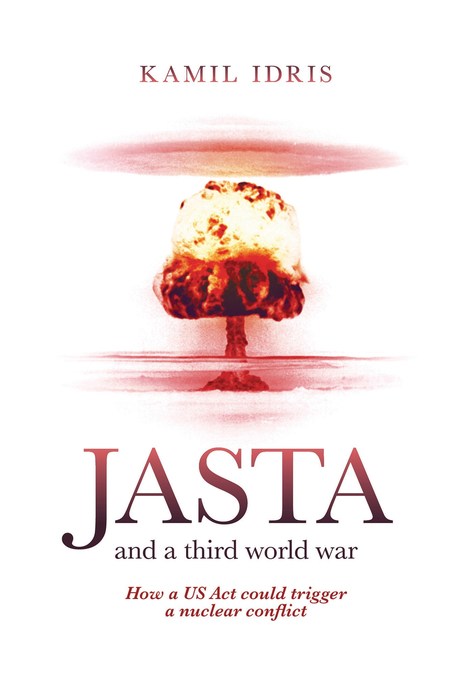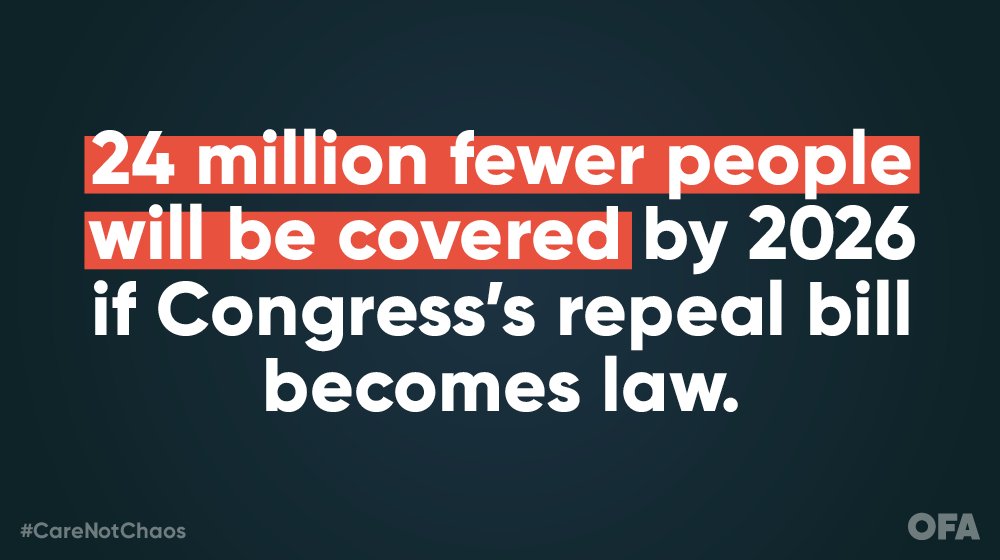October 24, 2017
Book Review: JASTA and a Third World War
How a US act could trigger a nuclear conflict. By Kamil Idris. UK Book Publishing, Hard Cover, 176 pp. with index
In May of 2016, the US House of Representatives unanimously passed the Justice Against Sponsors of Terrorism Act allowing victims of bombings or other terrorist acts to sue the governments of countries where the terrorists had originated. It was subsequently passed unanimously by the Senate. Both houses then overwhelmingly overrode a veto by then-President Barack Obama.
The act was aimed at Saudi Arabia, the home of 15 of the 19 hijackers recruited by Osama bin Laden who on September 11, 2001 brought down the World Trade Towers in New York and ushered in an era of vulnerability to terrorism that has continued to this day. Using the act, known universally as JASTA, 1500 injured survivors and 850 family members of 9/11 victims filed a class action lawsuit against Saudi Arabia, alleging the government had prior knowledge of the attack and that some of its officials and employees were al Qaeda operatives or sympathizers.
Obama suffered the first and only veto override of his presidency out of a very real fear that allowing such lawsuits against not just Saudi Arabia but other countries could trigger escalating confrontations that would lead to a nuclear conflagration. Prior to passage of the act, such suits were possible only if the US Department of State designated such a state as a state sponsor of terrorism.
Now, virtually any citizen can initiate such a suit. And, as Obama feared, it could trigger retaliation in which the citizens of, say, Yemen or Afghanistan or Pakistan or any of several other countries could sue the United States government for the deaths of their relatives in the myriad drone strikes the US has delivered that have killed large numbers of citizens by accident.
The result could be a tit-for-tab worsening of relations with any number of countries as any of their citizens become plaintiffs to take on such demands for reparations. This whole situation is deeply troubling to Kamil Idris, the ex-director general of two United Nations agencies and now a member of several other organizations including the United Nations International Law Commission.
Idris is hardly alone. A long list of legal scholars have questioned the wisdom, even the sanity of the act. But Idris raises deeper concerns, saying that, given the fanatical motivation of terrorists who have anyway complete contempt for international law or boundaries, the act is unlikely to discourage any terrorism, or play a role in efforts by other countries to contain terrorism within their bothers.
“My chief concern, however,” he writes, “is that JASTA will seriously affect the carefully established and sometimes precarious goodwill and understanding between the US and other nations by attempting to undermine their legitimate sovereignty.”
President Obama was a chief executive whose caution in his dealings with other nations was praised by his supporters and decried by his opponents. The President of the United States is now Donald J Trump, a loose cannon who, although Idris never says it, shows no qualms whatsoever – or takes any advice – in firing off condemnations of other countries. JASTA in his hands is a potent and frightening weapon.
JASTA, Idris argues, is a violation of the sovereignty of foreign states, has no standing in international law, violates the Foreign Sovereign Immunities Act passed in 1976, which holds that individuals do not have standing to sue in such cases and protects a foreign state from being liable for damages.
“JASTA is likely to lead to other countries adopting similar acts which would lead to the US itself facing lawsuits from all over the world,” Idris writes. “This is why President Obama himself was so critical of JASTA during the last few months of his administration.”
Obama’s fear of reciprocal claims, Idris says, is no joke. Indeed, According to several different sources, even as long ago as 2011, hundreds of civilians have died in drone strikes. The Bureau of Investigative Journalism found at least 15 percent of the total killed by drone strikes were either known civilians or unknown. At least 160 children have been killed in Pakistan. The New American Foundation estimated that the non-militant fatality rate was 20 percent between 2004 and 2011. “Collateral damage,” the euphemism for such killings, has taken the lives of hundreds in Pakistan, Yemen, Somalia and Afghanistan, according to former President Jimmy Carter.
So far, Saudi Arabia is the only country to come under a lawsuit inspired by JASTA. But, Idris writes, if it is fully implemented, “I am arguing that there could be a consequent retreat into a hardening form of nationalism as a protective measure.” Certainly in the United States, the retreat into nationalism has been marked under President Trump, leading US Sen. John McCain, in a dramatic speech on Oct. 16, to refer obliquely to the administration as retreating into “some half-baked, spurious nationalism cooked up by people who would rather find scapegoats than solve problems (which) is as unpatriotic as an attachment to any other tired dogma of the past that Americans consigned to the ash heap of history.”
Idris’s reasons for raising questions over rising nuclear tensions, he said “is because I believe we are now close to mirroring conditions that eventually led up to the First World War. It is imperative that we learn and apply the lessons of history and we ignore the facts at our peril.”
In sum, Idris has written a disturbing and important book. It is an irritating one – he has a habit of citing dozens of cases only by title with no explanation of what the cases are about. The index is little more than a list of single names, with no indication of what the cites deal with. But within the pages of this book he lists a long litany of specific cases in countries that could trigger JASTA.
‘It is a sobering thought that any of these areas of conflict could quickly ignite and set off a chain reaction in the wider world. Once again it is aggressive nationalism that is the main contributing factor to the tensions and if JASTA becomes a reality, then the problem will only intensify.” A deeply respected jurist, Idris has delivered a clear-headed warning that a tense world – and the President in Washington – needs to heed.















